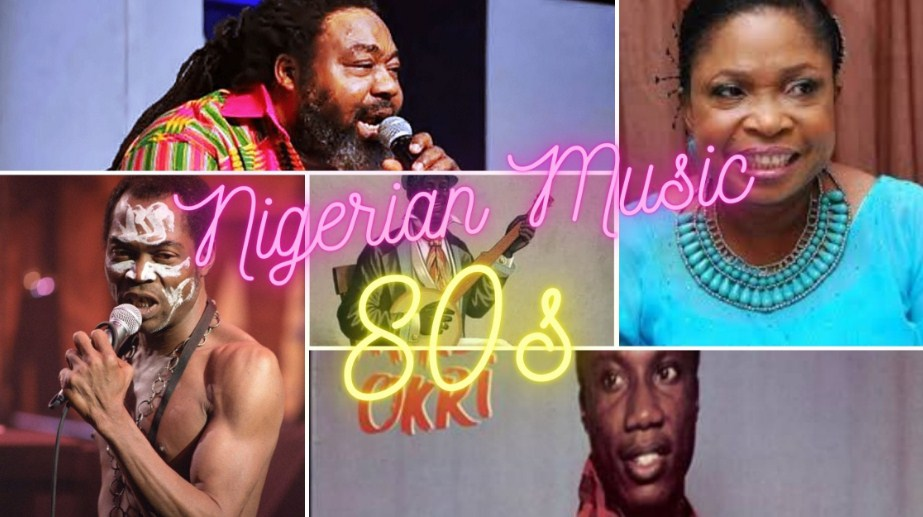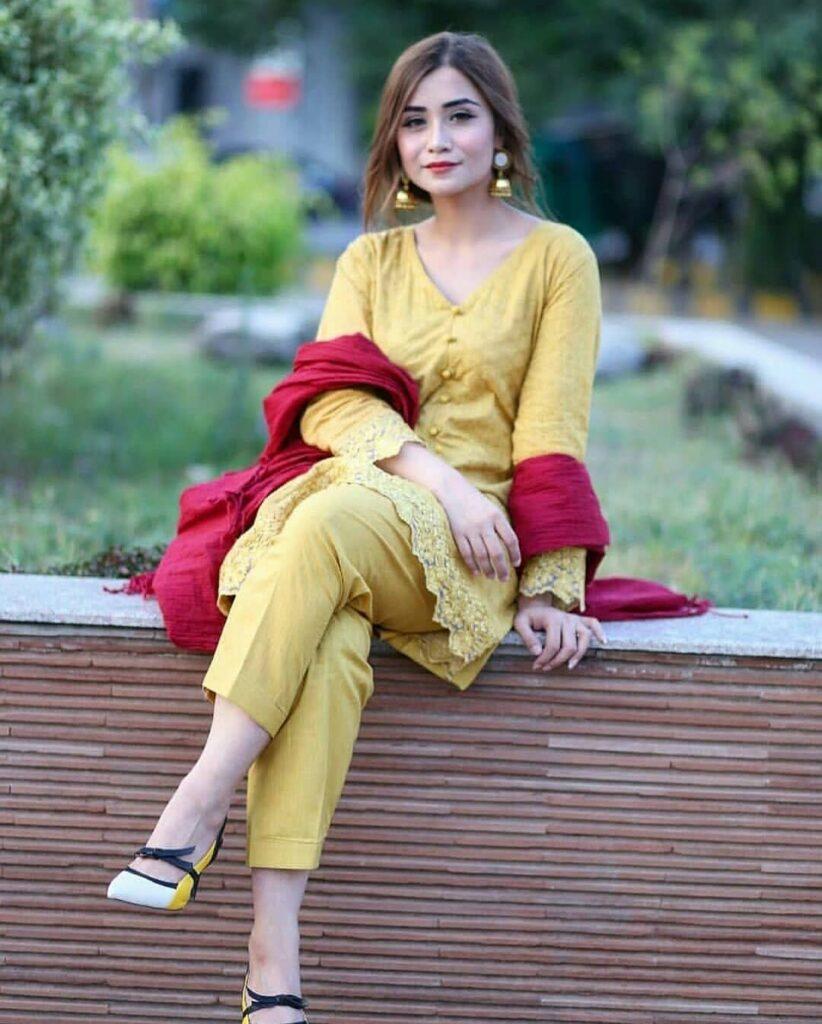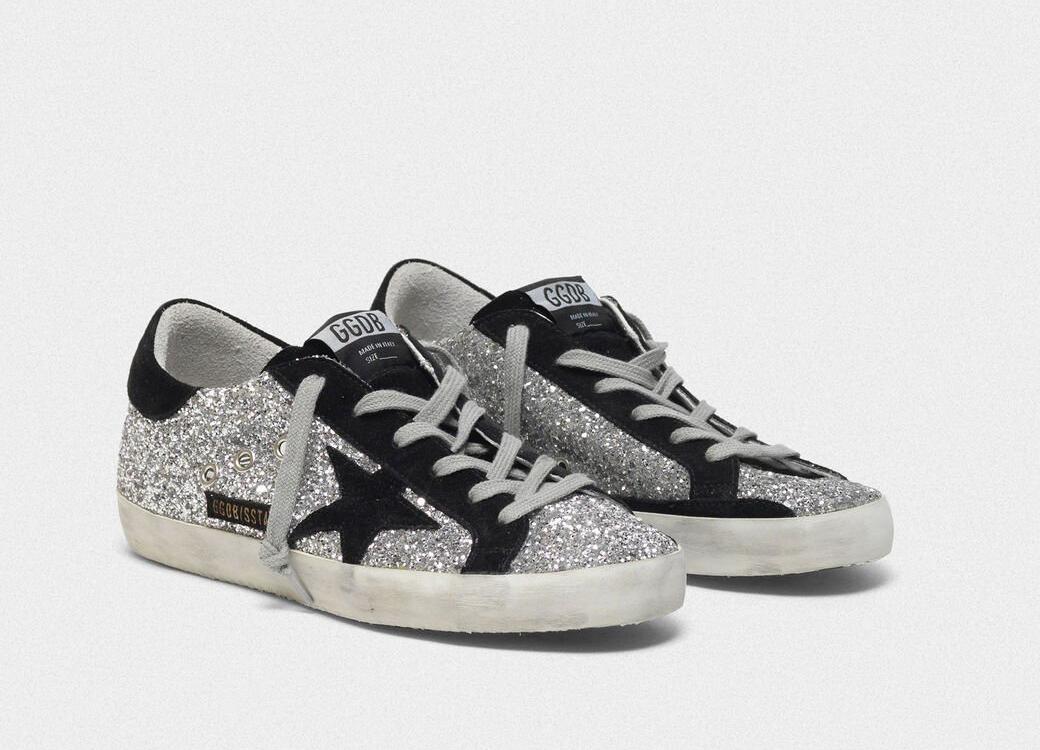
Music is a fundamental aspect of human existence that helps us relax, communicate emotions, and connect with each other. In Nigeria, music has always been a vital part of the country's culture, and over the years, Nigerian music has gained popularity around the world, with artists such as Burna Boy, Wizkid, and Davido achieving global success. Nigerian music has evolved over the years, giving rise to various sub-genres, each with its unique style and sound. This article explores the diverse genres of Naija music 2023, from Afrofusion to Alté.
1. Introduction
Nigerian music has come a long way, from traditional Yoruba music to the modern-day Afrobeat. The Nigerian music scene has experienced a significant transformation in recent years, with various sub-genres of music emerging. Nigerian music has become an important part of the country's cultural identity, and many Nigerian artists have gained international recognition. In this article, we will explore the different genres of Nigerian music that have emerged in 2023.
2. Afrofusion: A fusion of African sounds
Afrofusion is a genre of Nigerian music that emerged in the early 2010s. It is a fusion of different African sounds, including Highlife, Juju, Fuji, and Afrobeat. Afrofusion artists combine traditional Nigerian music with Western influences to create a unique sound. Some of the popular Afrofusion artists in Nigeria include Burna Boy, Wizkid, and Mr. Eazi.
3. Highlife: A blend of Ghanaian and Nigerian music
Highlife is a genre of music that originated in Ghana in the early 20th century but has since become popular in Nigeria. It is a blend of Ghanaian and Nigerian music, and it is characterized by the use of Western instruments such as the guitar, trumpet, and saxophone. Highlife has influenced many Nigerian artists, including Fela Kuti, who was one of the pioneers of Afrobeat.
4. Juju: A traditional Yoruba music genre
Juju is a traditional Yoruba music genre that originated in the 1920s. It is characterized by the use of the talking drum, guitar, and accordion. Juju music is popular in southwestern Nigeria and is often played at social events such as weddings and birthdays. King Sunny Ade is one of the most popular Juju artists in Nigeria.
5. Fuji: A popular Yoruba music genre
Fuji is a popular Yoruba music genre that emerged in the 1960s. It is characterized by the use of the talking drum, percussion instruments, and the use of call-and-response vocals.
6. Apala: A traditional Yoruba music genre
Apala is a traditional Yoruba music genre that originated in the 1930s. It is characterized by the use of the agidigbo, a local thumb piano, and a talking drum. Apala music is known for its fast tempo and is often played at social events such as weddings and funerals.
7. Sakara: A traditional Yoruba music genre
Sakara is another traditional Yoruba music genre that originated in the 1930s. It is characterized by the use of the sakara drum, which is made from a hollowed-out tree trunk covered with animal skin. Sakara music is often played at Islamic religious events and is known for its energetic and lively beats.
8. Gospel: A popular genre in Nigeria
Gospel music is a popular genre in Nigeria, and it has been around for many years. It is characterized by its inspirational and uplifting lyrics, which often have religious themes. Gospel music is popular among Nigerians of all ages, and it is often played at religious events and ceremonies.
9. Hip-Hop: A genre that has grown in popularity in Nigeria
Hip-Hop is a genre that has grown in popularity in Nigeria in recent years. It is characterized by its rhythmic and rhyming lyrics, which are often accompanied by a beat. Many Nigerian Hip-Hop artists have gained international recognition, including MI Abaga, Olamide, and Falz.
10. R&B: A genre with a long history in Nigeria
R&B is a genre of music that has a long history in Nigeria. It is characterized by its soulful and romantic lyrics, and it is often played at weddings and other romantic events. Nigerian R&B artists include Banky W, Wande Coal, and Tiwa Savage.
11. Reggae: A genre that has been popular in Nigeria since the 1980s
Reggae is a genre of music that has been popular in Nigeria since the 1980s. It is characterized by its heavy bass lines and use of the guitar and drums. Nigerian Reggae artists include Majek Fashek and Ras Kimono.
12. Alté: An alternative Nigerian music genre
Alté is an alternative Nigerian music genre that emerged in the early 2010s. It is characterized by its eclectic and experimental sound, and it often blends different genres of music. Alté artists include Odunsi (The Engine), Santi, and Lady Donli.
13. Gqom: A South African genre that has gained popularity in Nigeria
Gqom is a South African genre of music that has gained popularity in Nigeria in recent years. It is characterized by its repetitive beats and use of electronic instruments. Nigerian Gqom artists include Niniola and Mr Real.
14. Amapiano: A South African genre that has gained popularity in Nigeria
Amapiano is another South African genre of music that has gained popularity in Nigeria in recent years. It is characterized by its upbeat tempo and use of the piano. Nigerian Amapiano artists include DJ Neptune and DJ Tunez.
Conclusion
Nigerian music has come a long way, and it has evolved over the years to give rise to various sub-genres. From Afrofusion to Alté, Nigerian music is diverse and reflects the country's cultural identity. As we move into 2023, we can expect to see more Nigerian artists and genres gain international recognition.





